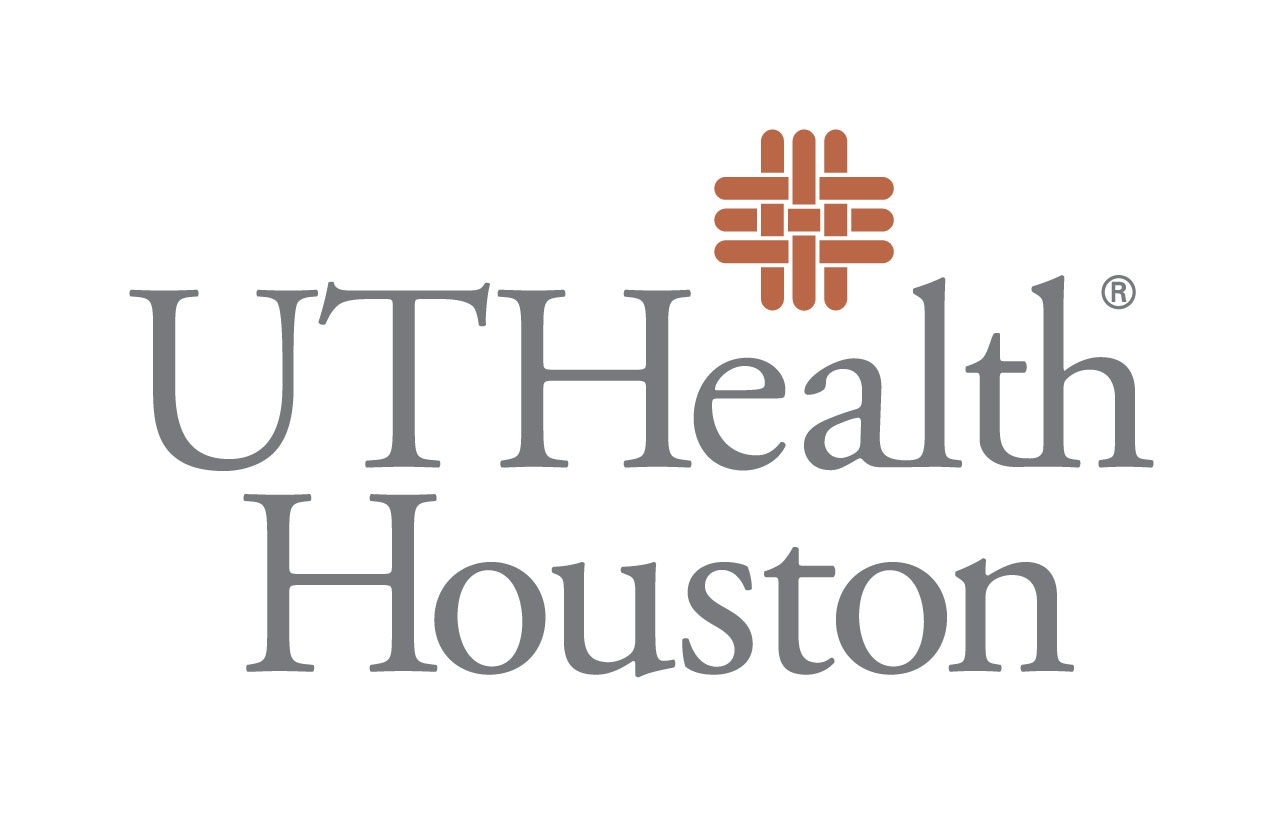As local, state, and national government leaders release guidelines on reopening businesses and returning to a “new normal” during the COVID-19 pandemic, public health and infectious disease experts at The University of Texas Health Science Center at Houston (UTHealth) say a gradual, cautious return would be the most effective.
“We are not going to flip a switch and everything goes back the way things were. I think we’re going to have a gradual reopening of life, but this will require good monitoring,” said Catherine Troisi, PhD, associate professor of epidemiology at UTHealth School of Public Health. “We will need to keep a close eye on the number of cases, and should we see that case number shoot back up, we will have to ramp back down.”
Historians and researchers have looked back to the 1918 flu pandemic, when the uncontrolled reopening of businesses and abrupt end of physical distancing resulted in a resurgence of cases with deadly results.
While Houstonians learn to live with the virus instead of hiding from it, physical distancing will still be the best protection against COVID-19, said Michael Chang, MD, an infectious disease expert at McGovern Medical School at UTHealth.
“Having an effective vaccine is going to take some time. There have been some recent reports that it could potentially be available sooner rather than later, but we are still talking about months down the road,” Chang said. “Once a vaccine is available, it’s a matter of ensuring manufacturers can ramp up production quickly and then ensuring that people receive it.”
Both Chang and Troisi said businesses would need to maintain certain physical distancing measures to prevent community spread of COVID-19. This could include fewer patrons allowed inside buildings, restaurant tables placed six feet apart from one another, more reliance on curbside pickup of purchases, and contactless delivery or countertop pickup of food orders.
Texas Gov. Greg Abbott announced Friday that schools would remain closed through the end of the school year. When students return to campus in the fall, Troisi said they might have to eat meals in classrooms instead of gathering in cafeterias, and schools will probably be rethinking events like pep rallies, plays, and recitals. “Until there is a vaccine available, I am not so sure we will have events where large groups of people are sitting shoulder to shoulder,” she said.
As far as sporting events, games will likely be played as long as the risk to players is low, without audiences. Noncontact sports such as cross-country, tennis, golf, and swimming do not carry as high a risk. However, sports where is it impossible to maintain a physical distance may need to be considered on a case-by-case basis. “You would want to know what the prevalence in the community was; it all comes down to testing.” Troisi said.
As Houstonians work toward accepting this new normal, the need to continue to focus on personal space and hand hygiene is essential. As COVID-19 testing becomes more widely available, it will be critical to test for active cases often and throughout the population reentering the workforce, even in asymptomatic individuals. For suspected and previously confirmed cases, testing for antibodies is also necessary. This can help determine if individuals have developed some level of immunity to the virus.
Contact tracing is also crucial to determine who may have encountered the infected individual so those people can isolate themselves to prevent further spreading the virus, Troisi said. Apple and Google recently announced they have teamed up on COVID-19 contact tracing technology.
As for choosing to wear a mask for protection or to prevent possible asymptomatic spread when running errands or when returning to work or school, experts say it is a personal choice unless mandated by law or ordinance. “I think the research regarding effectiveness of masks for asymptomatic people is still unclear. If it helps even a little, maybe it is worth it, but the research just isn't that definitive,” Chang said.
Ultimately, the responsibility of preventing community spread will rest on the individual.
“Schools need to be in good communication with parents and children need to stay home if they are sick. The same goes for adults. Schools and businesses should reevaluate cleaning procedures to ensure they are using the optimal approach and products daily,” Chang said. “Preventing another spike in cases will depend on what the lasting response is to this.”
